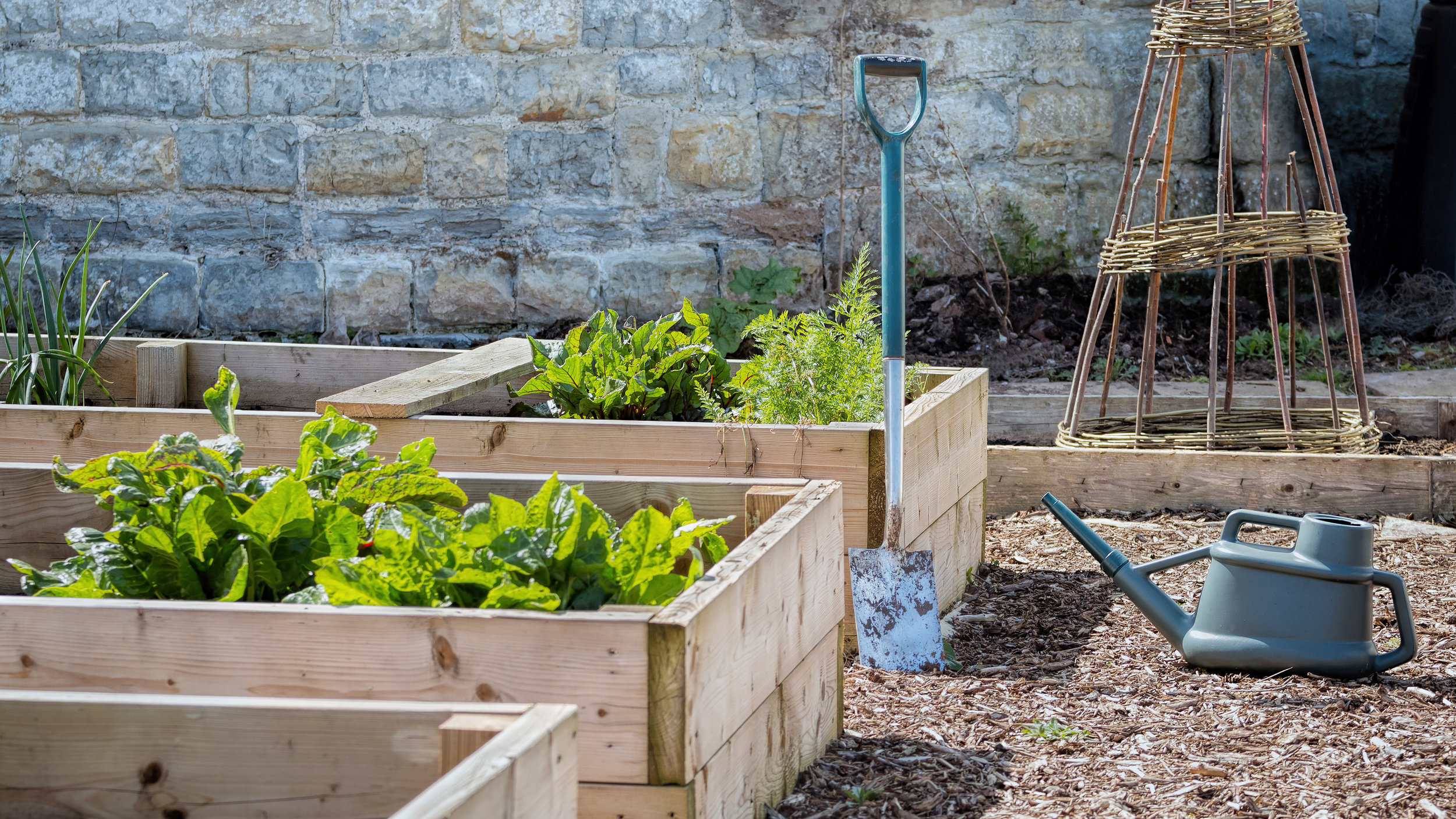Raised planting beds give life to many Ulster County, NJ, homes, enabling homeowners to grow twice as much in half the room. As the biggest supplier of quality plants in the area, E.P. Jansen Nursery LLC has fueled the expanding needs of landscape professionals for healthy plant supply through our garden center. Here is what we have learned throughout our experience and extensive knowledge on raised planting beds.
Start with the Soil
An organically rich soil gives raised planting beds better chances to thrive. Deep soil leaves more place for root growth, encouraging larger roots to reach a greater amount of water and nutrients. Once planted, everyone wants their vegetables, flowers, or perennials extra-lush and beautiful. Raised planting makes for a faster turnaround by not having to rely on poorly compacted soil but instead creating a nutrient-condensed planting area from scratch.
Related: Get Your Mulches for Vegetable Gardens from Our Wholesale Nursery in the Sussex County, NJ, Area
If you are a beginner, you might need some help searching for soil or calculating exactly how much soil your projects needs. We recommend not using the soil from the existing garden because it might be full of weed seeds. You may also want to note if homeowners have planted something in the soil before and it didn’t grow as expected—in that case, the soil is probably poor quality. The best soil is the one that holds nutrients, water, and oxygen. As a trusted partner, E.P. Jansen will supply you with the healthiest yet cost-effective soil and composts. We are here to help you bring the most important natural element for thriving raised planting beds into your clients’ homes.
Bed Materials
A lot of materials can be used to frame a raised planting bed, including timber, recycled wood, fieldstone, and pavers. Timber can be made out of natural material that doesn’t rot, like cedar or redwood. It can also be a mixture of recycled wood and plastic work that has the appearance of real wood and is long-lasting.
For materials that will stay in place for the longest time possible, then fieldstone and concrete pavers are two of the best choices. Both fieldstone and concrete pavers absorb the heat from the sun during the day and return the heat back to the soil during the evening, keeping the beds warmer in the fall and helping them get warmer in the spring. These two materials offer safety, a variety of design options, and flexible use.
Squares vs. Triangles
Raised planting beds require certain dimensions for optimal growth. Typically, raised beds are 4 feet wide by 8 feet long. If arranged in triangles instead of square patterns or rows, the crops get maximum yield, because the bed can fit up to 14% more plants. The thing to watch out for is spacing the plants too tightly. It tends to stress plants and possibly lead to diseases.
The planting beds can be up to 12 feet deep to provide room for the deeper roots and offer better drainage. Vertical planting requires less harvest and maintenance because upright foliage has better air circulation, which can prevent fungal diseases. Raised planting beds should generally get water daily.
Related: 5 Beautiful Edible Landscaping Plants from Our Nursery in the Ulster County, NY, Area
Choose Plants Wisely
Plants release nitrogen and potassium, which can affect the pH levels of the soil and overall plant growth. So, planting unrelated flowers, vegetables, or perennials can negatively impact their growth. Also, the initial health of the plants is essential. Sourcing from a reliable supplier, like E.P. Jansen, will yield more vigorous plants. We offer an extensive selection of plants in the Hudson Valley area, including hard-to-find and seasonal plants.


